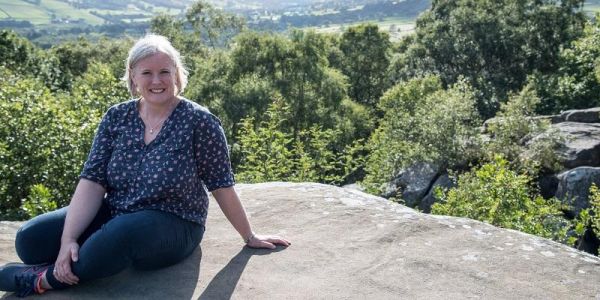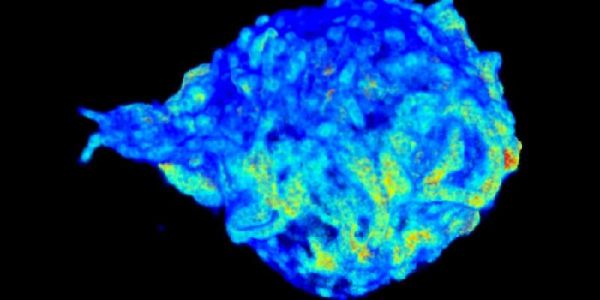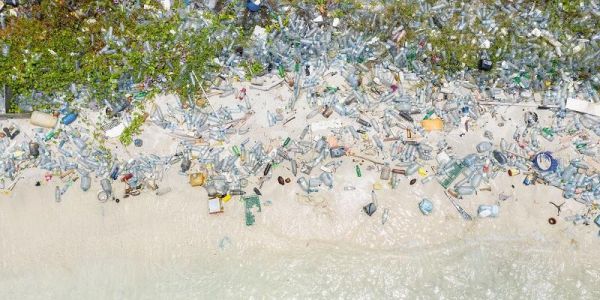
New method of detecting illnesses including coronavirus and cystic fibrosis
A new and quicker method of diagnosing diseases in patients has been created by researchers at the University of Leeds.

A new and quicker method of diagnosing diseases in patients has been created by researchers at the University of Leeds.

The renewable energy industry needs to adopt the ideas of a circular economy, where equipment is designed to be reused or remanufactured when it reaches the end of its operational life.

A Leeds academic has received a top award from the Royal Academy of Engineering for work which has had “widespread and significant impact” in tackling the spread of coronavirus.

Visualising how molecules move in cells or interact with drugs will be possible with one of the world’s most advanced imaging centres being developed at the University.

A post-lockdown economic recovery plan that incorporates and emphasises climate-friendly choices could help significantly in the battle against global warming, according to a new study.

Professors Alejandro Frangi and David Jayne have been appointed as the first joint Directors of the new Centre of Responsive HealthTech Innovation.

A new meta-analysis emphasises the need for the next generation of “health conscious” products to focus on food texture to enhance the feeling of being full.

Researchers have for the first time measured a fundamental property of magnets called magnon polarisation — and in the process, are making progress towards building low-energy devices.

The two pollutants most harmful to human health, PM2.5 and Ozone, were only slightly reduced or barely affected during the lockdown in China, according to a new study.

Nearly 1.4 billion tonnes of plastic will be dumped on land and in the oceans over the period from 2016 to 2040 unless the world acts, say a team of global experts.